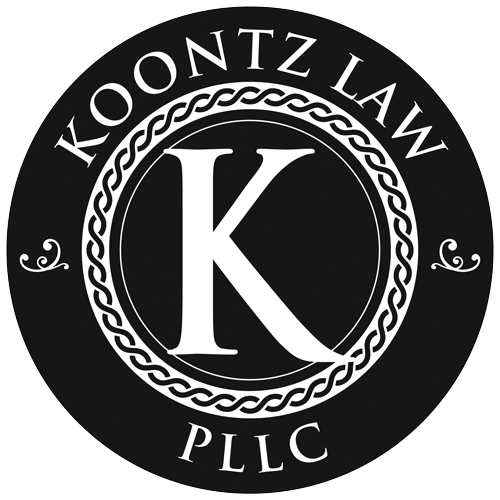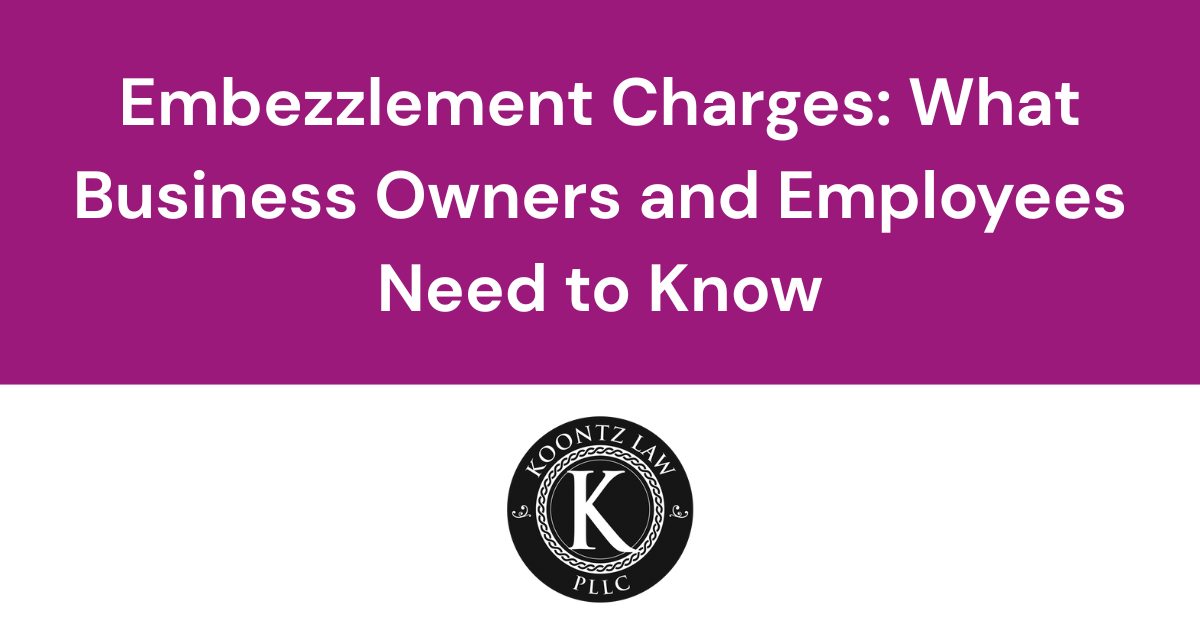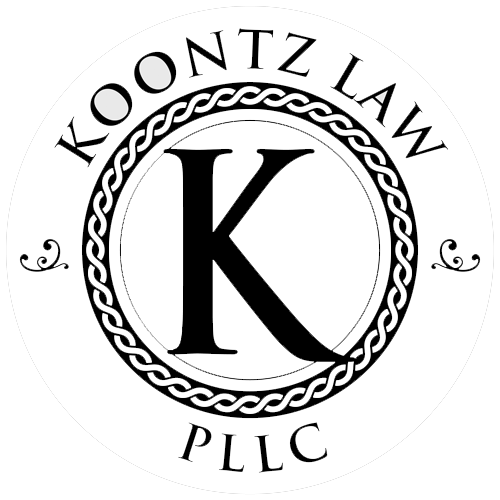Understanding the Probate Process in North Carolina
The probate process in North Carolina can seem complex and daunting, especially during the emotional time following a loved one’s passing. Understanding the steps involved and knowing what to expect can help you navigate this legal process more smoothly. This blog will provide a comprehensive overview of the probate process in North Carolina.
What is Probate?
Probate is the legal process through which a deceased person's assets are distributed to heirs and beneficiaries, and any debts are paid off. The process ensures that the deceased’s estate is settled according to state law and the terms of the will, if one exists.
When is Probate Necessary?
In North Carolina, probate is generally necessary if the deceased owned assets solely in their name. Assets such as real estate, bank accounts, stocks, and personal property typically go through probate unless they are jointly owned or have designated beneficiaries.
Steps in the Probate Process
1. Filing the Will
The probate process begins with filing the will with the Clerk of Superior Court in the county where the deceased lived. If there is no will, the estate is considered "intestate," and state law will determine the distribution of assets.
2. Appointment of the Executor
If a will exists, it typically names an executor to manage the estate. The court will officially appoint the executor to oversee the probate process. If there is no will, the court will appoint an administrator, often a close relative, to handle the estate.
3. Inventory of Assets
The executor or administrator must compile a detailed inventory of the deceased’s assets, including real estate, bank accounts, investments, personal property, and other valuables. This inventory is filed with the court and serves as a basis for managing and distributing the estate.
4. Notification of Creditors and Beneficiaries
The executor must notify all known creditors and beneficiaries of the probate proceedings. Creditors are given a specific period to submit claims against the estate. Beneficiaries are informed about their inheritance and any relevant details about the estate settlement process.
5. Paying Debts and Taxes
Before distributing the assets, the executor must ensure that all debts and taxes owed by the deceased are paid. This includes funeral expenses, medical bills, outstanding loans, and any applicable estate taxes. The executor may need to sell some assets to cover these obligations.
6. Distributing the Remaining Assets
Once all debts and taxes have been paid, the executor distributes the remaining assets to the beneficiaries as specified in the will or according to state intestate succession laws if there is no will. This distribution marks the conclusion of the probate process.
Simplified Probate for Small Estates
North Carolina offers a simplified probate process for small estates. If the estate’s total value is below a certain threshold (currently $20,000 for individuals or $30,000 for surviving spouses), the executor can file for a summary administration. This expedited process allows for quicker settlement without going through the full probate procedure.
Koontz Law, PLLC Can Help
Understanding the probate process in North Carolina is essential for anyone involved in the administration of a deceased loved one's estate. While the process can be complex, knowing the steps involved and having the right legal guidance can make it more manageable. At Koontz Law, we are dedicated to helping families navigate the probate process with compassion and expertise.
Contact us today to schedule a consultation and learn how we can assist you in managing your loved one’s estate.











